10, October 2023
Football legend Weah eyes second presidential term as Liberia votes 0
Liberians began voting Tuesday on whether to give football legend George Weah a second term as president, with peace among voters’ main concerns in a nation still scarred by back-to-back civil wars.
An hour before polling got under way at 0800 GMT, hundreds of people were already waiting to cast their ballots at voting stations, mostly set up in schools, in the capital, Monrovia.
“I vote for the good of my country. I expect peace and development,” Agostina Momo, 18, who is voting for the first time, said.
The main political parties have pledged that the presidential and legislative elections in the West African country will pass off peacefully.
But the recent killing of three people in clashes between their supporters has fuelled fears of a return to violence.
Trouble also marred the close of Weah’s re-election campaign Sunday, with his supporters and opposition members throwing stones at each other and police intervening with tear gas.
AFP counted at least five men with injuries, some with large gashes on their heads.
“What we expect most is peace,” said Melvine Zoega, 37, among a group of men discussing their concerns in the city of Buchanan, 150 kilometres (90 miles) east of the capital Monrovia.
Healthcare, education and roads, jobs and the cost of living all came up, but only after fears of a return to violence.
Between 1989 and 2003, the conflicts in Liberia left more than 250,000 people dead.
Incumbent Weah, 57, — the first African to win football’s most prestigious individual award, the Ballon d’Or, in 1995 — faces 19 presidential candidates and a likely second-round runoff in early November.
But he has campaigned on the slogan “One round victory”.
“We must all cherish this peace and continue to preserve it, because without peace, our world will be difficult,” Weah told thousands of people gathered in Monrovia Sunday.
“Without peace, development will not take place.”
The former international footballer came to power promising to create jobs and invest in education, but critics say he has failed to keep his pledges.
The national electoral commission is seeking to reassure people it can organise fair and credible polls.
“Everything’s ready… We anticipate that all should go well,” said commission chairperson Davidetta Browne-Lansanah.
The election is the first held since the United Nations ended its peacekeeping mission in Liberia in 2018.
The European Union, the African Union, the West African bloc, ECOWAS, and the United States have deployed observers, in a region hit by a string of recent coups.
Development and corruption
Polling stations are due to close at 1800 GMT, with the 2.4 million voters also electing members of the House of Representatives and the Senate.
First results are expected within 15 days.
Former vice president Joseph Boakai, who lost to Weah six years ago, is among the frontrunners for the presidency.
He has said that any vote cheating or manipulation will lead to “the end of this country”.
The 78-year-old has forged alliances including with former warlord and senator Prince Johnson, who has threatened a popular revolt if the ruling party manipulates the elections.
Boakai has pledged to restore the country’s image, develop infrastructure and improve life for the poorest.
More than a fifth of the population lives on less than $2.15 a day, according to the World Bank, and the price of staple foods has soared.
Boakai, who served as vice president between 2006 and 2018, presents himself as an honest alternative to Weah, whom he accuses of presiding over a corrupt system.
The United States has sanctioned five senior Liberian officials for alleged corruption in three years.
The watchdog Transparency International ranked Liberia 142nd of 180 countries in its 2022 corruption perceptions index.
‘Man of the situation’
Corruption is not a key concern, however, for George Mobo, in Monrovia’s West Point slum.
“Look at African countries and tell me which country is not corrupt,” the 30-year-old said.
Education, peace and job creation are his top priorities.
His friends agreed, sitting near a brand-new football stadium, built under the president’s watch.
“President Weah is the man of the situation. He built roads, made education free. And there was coronavirus for two years. Now he will do better,” said John Seaton, 24.
Weah, who entered politics after a football career playing for PSG, Monaco and AC Milan, grew up in the slums of Monrovia and is popular with young people in a country where over 60 percent of the population is under 25.
Source: AFP
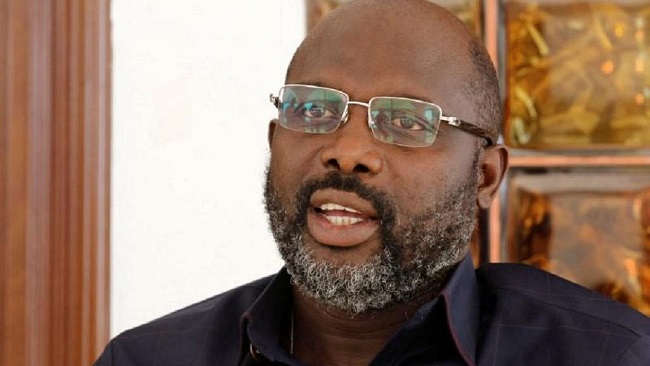
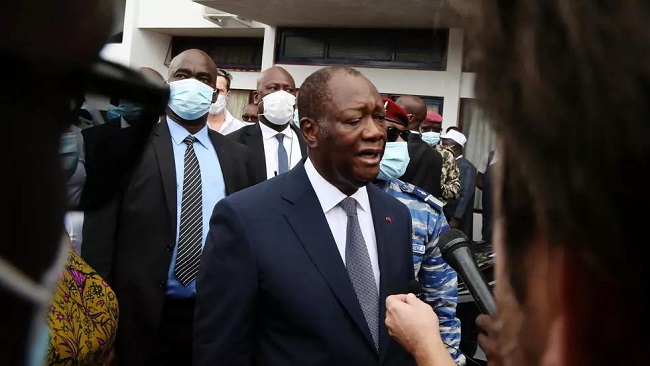
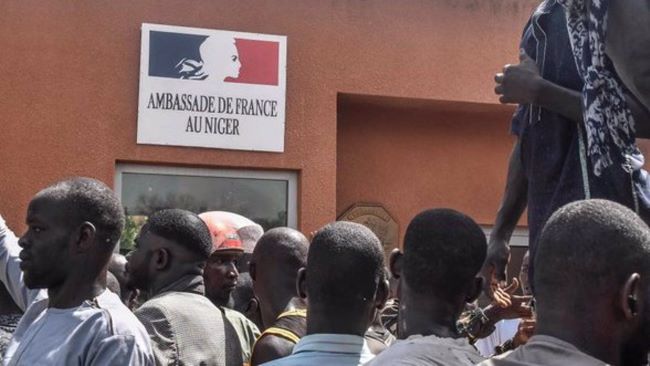

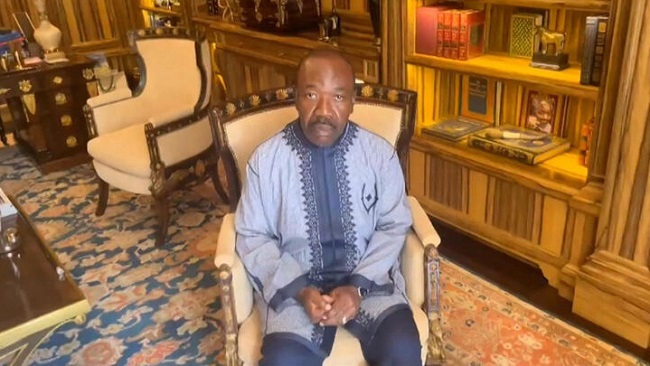
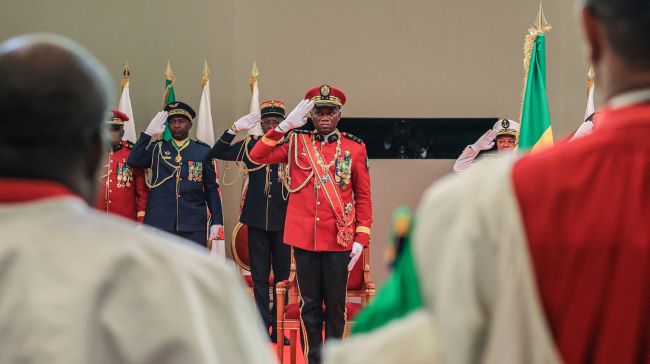
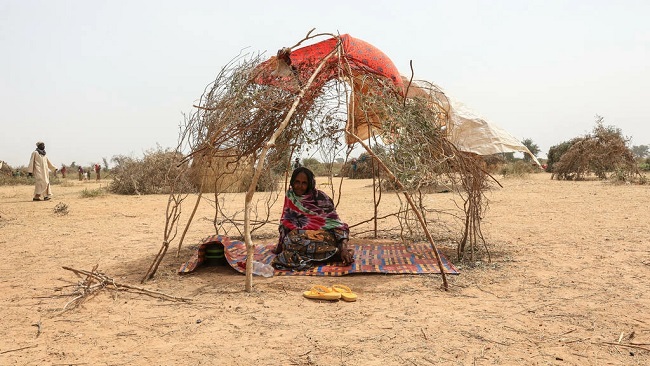
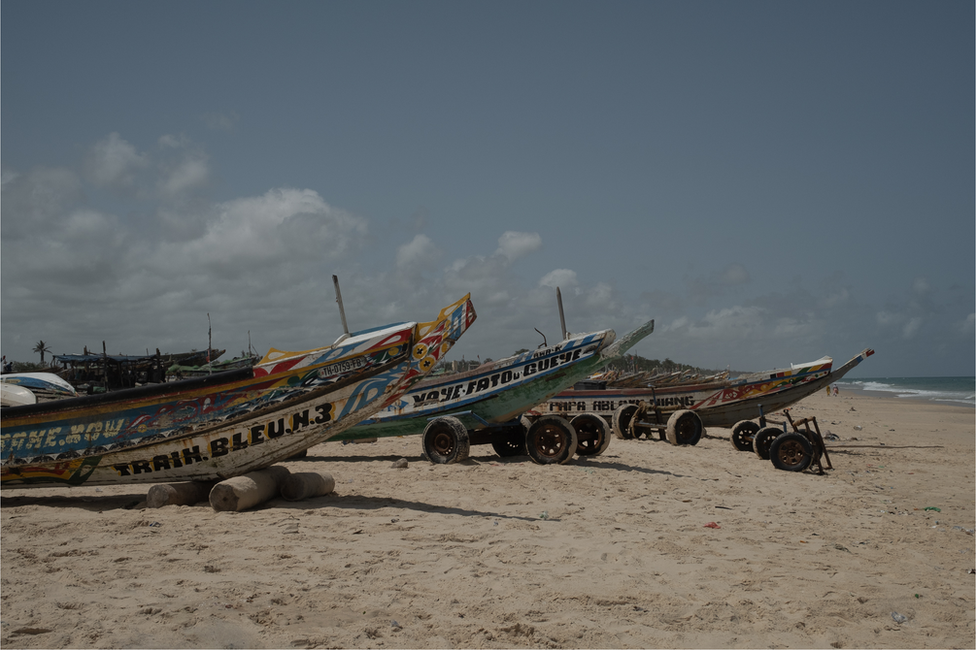
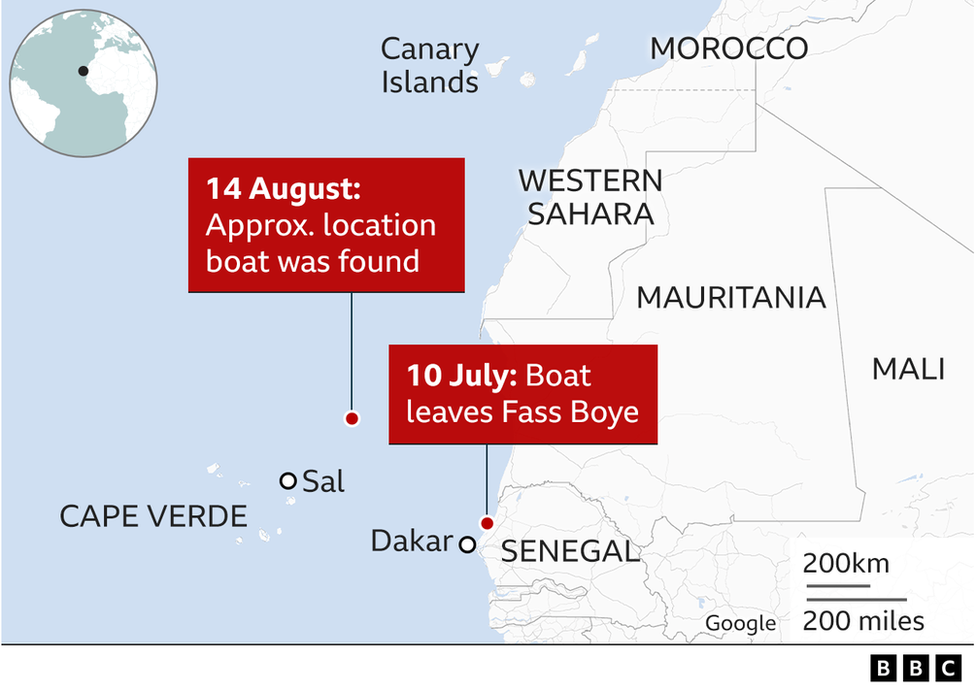
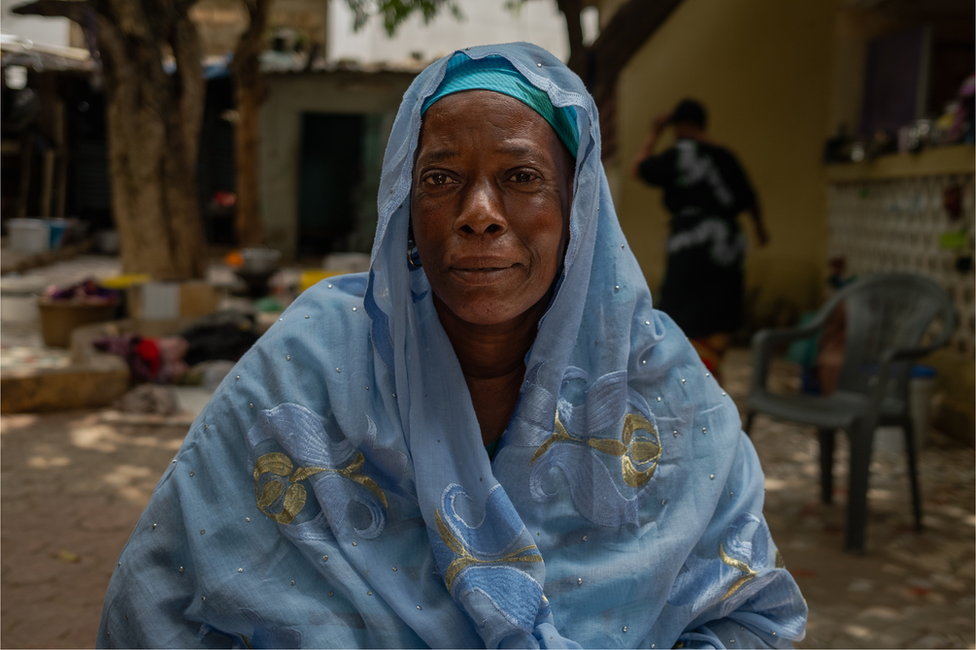
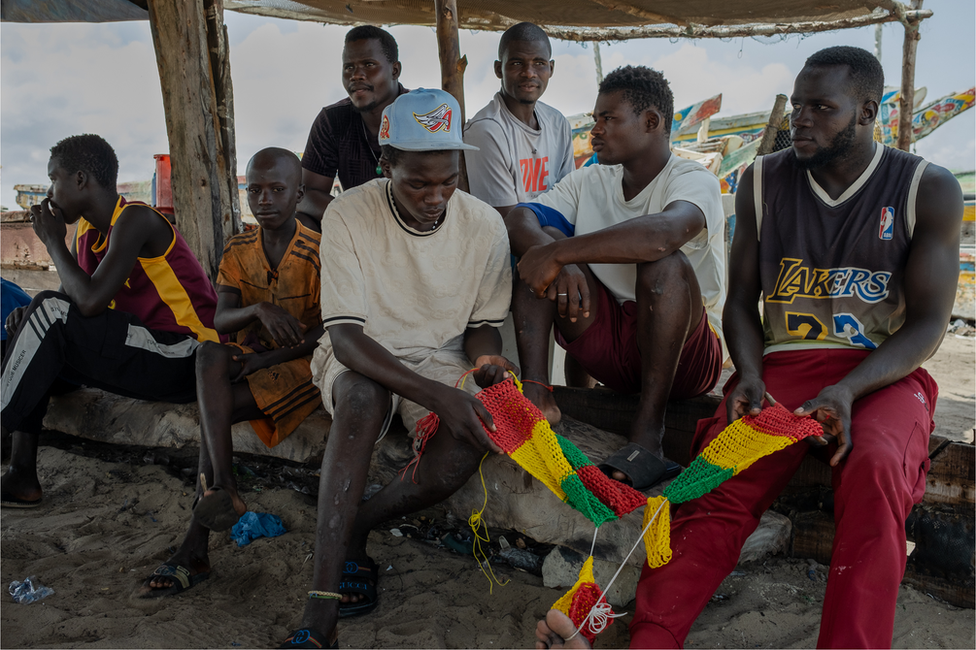
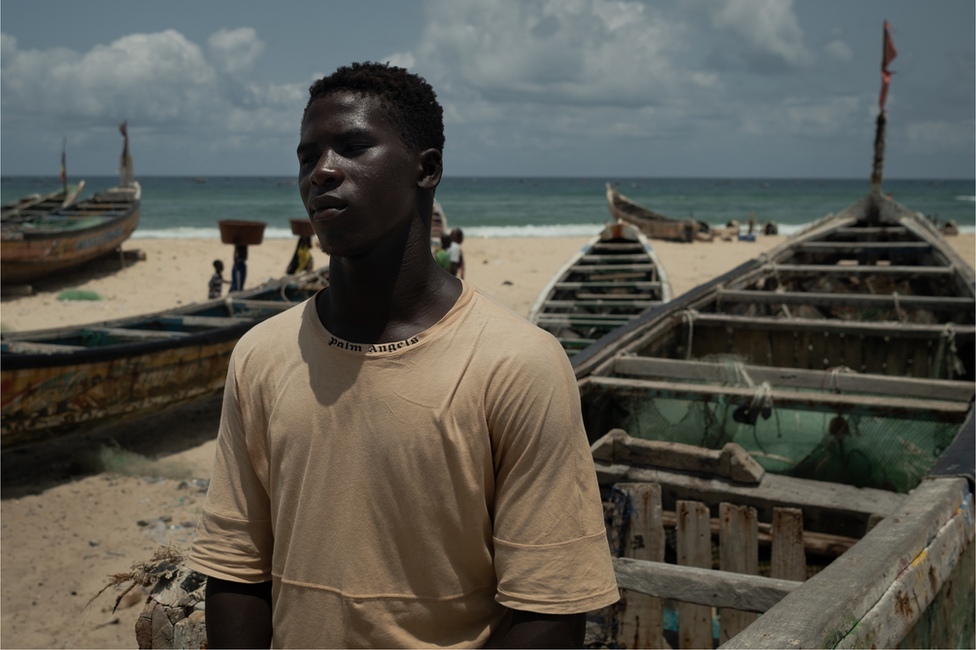
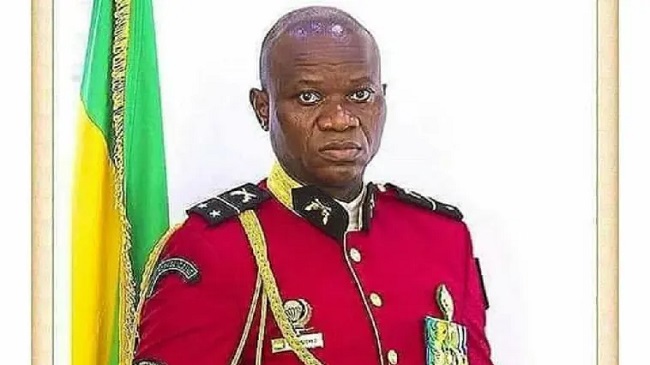



















14, November 2023
Gabon junta promises free elections in August 2025 0
Gabon’s military leaders who deposed president Ali Bongo Ondimba in August announced on Monday that elections would be held in August 2025 under a timetable that first foresees national dialogue.
“August 2025: elections and end of the transition,” a regime spokesman said on live state TV, referring to an official but “indicative” transition timeframe, adopted by cabinet but to be submitted to a national conference next year.
The conference, scheduled for April 2024, would be made up of all the country’s “vital actors”.
Ali Bongo, 64, who had ruled the central African country since 2009, was overthrown by military leaders on August 30, moments after being proclaimed the winner in a presidential election, which both the army and the opposition declared fraudulent.
Gabon’s new Prime Minister Raymond Ndong Sima has said that a two-year transition before the free elections promised by the country’s new military rulers was a “reasonable objective”.
Ndong Sima was appointed as head of the transitional government by General Brice Oligui Nguema, who led the coup d’etat against Ali Bongo Ondimba.
Source: AFP